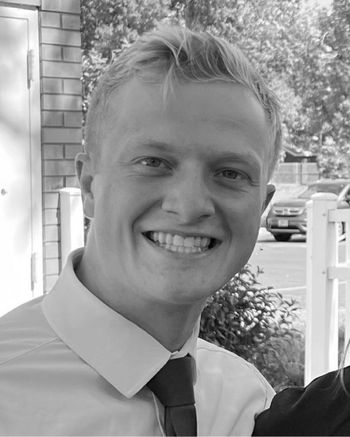'Queer Ecologies Panel' calls parks 'gendered,' 'racialized,' 'capitalist'
A recent panel featured professors describing how to apply an LGBTQ-centered approach to ecology to 'conservation work,' arguing that parks are 'organized [by] heterosexual, capitalist norms.'
The panel is the latest instance of woke ideology that Campus Reform has documented in physics, math, statistics, and other fields in science, technology, engineering, and mathematics (STEM).
A recent panel featured professors and a DEI officer describing how to apply an LGBTQ-centered approach to ecology to “environmental and conservation work.”
The “Queer Ecologies Panel” is one of the latest instances of woke ideology in science, technology, engineering, and mathematics (STEM), a phenomenon that Campus Reform has documented in physics, math, statistics, and other STEM fields.
One panelist said that urban parks, such as Central Park, can be “gendered, racialized, and organized [by] heterosexual, capitalist norms,” according to a recording of the event released by the Forest Stewards Guild on Feb. 2.
The Forest Stewards Guild’s website describes the organization as one that “engages in education, training, policy analysis, research, and advocacy” for “forest conservation and management.”
Panelists included professors Catriona Sandilands of York University and Giovanna Di Chiro of Swarthmore College. The panel also featured a diversity, equity, inclusion (DEI), and justice officer from American Rivers, which addresses “climate change, unnecessary dams, pollution, floods, and outdated policies.”
Sandilands defined queer ecology, saying that it “disrupt[s] heterosexist and cisnormative understandings of sex and nature” and considers “environmental practices and politics from the perspective of LGBTQ2SLQIA individuals.”
Di Chiro added that queer ecology “is about having access to a powerful, critical lens, or a mind-opening framework through which we can better understand our relationships to one another.”
[RELATED: UC Boulder ‘eco-feminism’ program draws dozens of students]
Sandilands also provided an example of queer ecology: the activities encouraged by the design of parks. She contrasted the “open, organized spaces” meant for dog walking, sports, and other activities with what she said were “more enclosed, more private spaces in which sexual and other, quote, ‘illicit’ activity might occur.”
Di Chiro had an example of her own, criticizing the “unexamined homophobia” in discussions of environmental damage.
When scientists and environmentalists react negatively to a herbicide that causes male frogs to develop female sex organs, she argued, they rely on the gender binary–the belief that there are two genders with distinct anatomies. Sounding the alarm over the feminization of male frogs, Di Chiro’s argument suggests, is a problem because it treats the gender binary as natural.
Di Chiro referenced her work in Queer Ecologies: Sex, Nature, Politics, Desire, an anthology that she and Sandilands contributed to in 2010.
[RELATED: Course disputes idea that heterosexual sex is ‘natural’]
Di Chiro’s contribution to the anthology reiterated her resistance to the binary view of gender. Because of “heteronormativity,” scientists and environmentalists think of environmental issues in terms of “the threat to gender norms, the family, and the stability of the society,” she wrote.
A solution to this way of thinking, Di Chiro argued, is adopting “ecofeminist and environmental justice perspectives,” which include “politics of inclusiveness, diversity, and social justice.”
Campus Reform contacted all relevant parties listed for comment and will update this article accordingly.

